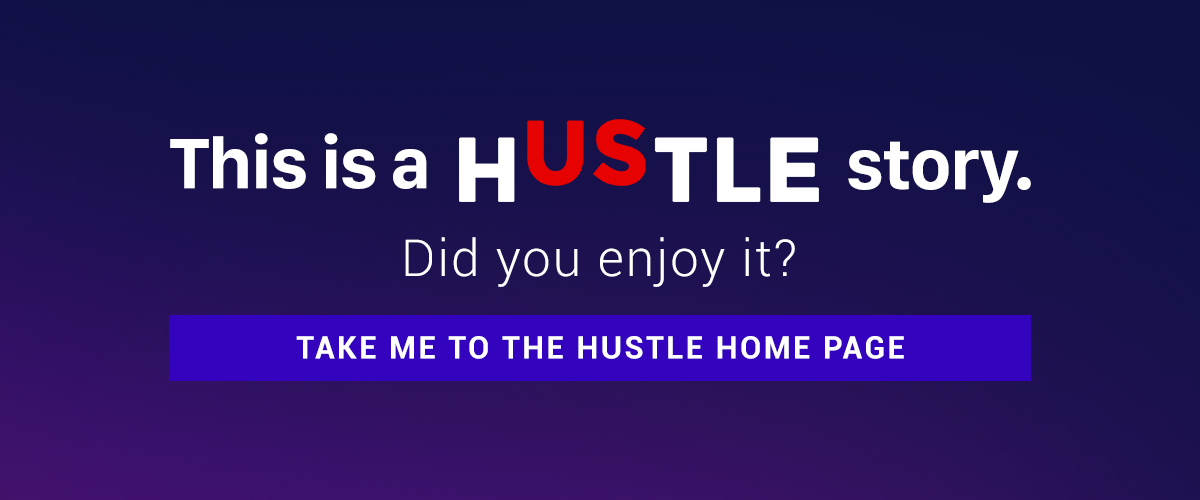SUMMARY
This is AI generated summarization, which may have errors. For context, always refer to the full article.

With COVID-19 cases still on the rise, it’s no surprise that many offices continue to implement skeletal or work-from-home setups for their employees’ safety.
However, with the increased amount of isolation brought about by this setup (among other factors), one’s mental health may also suffer these days. (READ: Cabin fever in lockdown? What it is and what you can do about it.)
Unfortunately, opening up about mental health at work persists to be a sensitive topic. It’s normal to question how to raise these personal concerns without putting their employment, or how they are treated, at stake. Some may just choose to “weather it out.”
We spoke to licensed psychologist Dr Josie B. Banaglorioso on how one can open up about their own mental health issues at work, and how superiors can also cultivate a more accepting work environment for their mentally ill colleagues. (READ: Over 5,000 Filipinos flood national mental health hotlines during pandemic.)
When a conversation about mental health at the office should happen
It’s crucial to open up about mental health issues at the office if it’s preventing productivity and causing great distress, especially during work hours.
Some employees already have interventions in place and regularly consult with psychologists or psychiatrists – hence, they can proceed with work without mentioning their mental health conditions.
“I think the problem is, when this is new to you,” Banaglorioso explained. “You’re not even aware it’s happening. And you’re not even aware it’s affecting your productivity. Others see it first.”
This is when a conversation with one’s manager or superior should take place.
“Usually the manager will be giving you feedback in terms of you falling behind in the quality of deliverables,” she said. “Compared to how you were a few months ago or a year ago. In that case, the feedback should be taken as information; somebody is seeing something about you.”
Banaglorioso cautioned about receiving this kind of feedback and taking it personally. More often than not, managers or superiors simply want to find out why a certain employee isn’t performing as well as they previously were.
The value of informing your superior
A conversation about mental health with a superior could lead to a moment of introspection, wherein the employee realizes that what’s happening to them must be dealt with appropriately.
“The minimum is two weeks,” said Banaglorioso when asked how long must one wait before determining whether they indeed are exhibiting signs of mental health issues.
“Symptoms of depression might manifest significantly in a matter of two weeks, especially if the person lacks sleep. Anxiety, on the other hand, takes months.”
It’s possible that employees may be in denial or may not see the negative effects their mental health issues have caused their performance.
“We always say, ‘Okay pa naman ako,’” she cited. “It’s difficult to admit that you have a mental health condition… It usually starts with the manager giving feedback. If you become defensive about it, you may want to listen.”
Upon observing these symptoms within that time frame, the value of speaking about these to a superior at work may help the employee to discover more resources that can help them with their mental health, especially ones available to the work setting via health insurance or other employee benefits. If included, they may not have to seek and pay for counseling services independently.
“Superiors may be aware of certain resources they have right now,” she explained. “A lot of global organizations have employee assistance programs that could take the form of short-term counseling sessions available to the employees.”
How superiors can manage the workload of a mentally ill employee
As mentioned, it is a cause for managers’ concern when their employees, who used to be performing well, end up falling behind in their deliverables.
Banaglorioso cited a lack of sleep as a potential indicator of more serious mental health issues at play.
“If you’re always working in the wee hours of the morning or increasing targets, an employee can’t cope with this kind of stress if they haven’t addressed the mental health challenge,” she explained.
If managers sense these issues, it is their responsibility to have a conversation with their employees about why they could be struggling. Managers may even allocate some of their employees’ workload to others while the employees manage their own mental state to help out.
“The superiors themselves would then take on the responsibility,” Banaglorioso said. “They and the team can prepare themselves better in this regard.”
Banaglorioso also cautioned against managers overtly berating their employees for poor performance and attaching certain labels to their behavior without completely understanding what may be happening to their mental state.
“Don’t say, ‘Tinatamad ka na.’ or ‘Dati magaling ka, pero ngayon hindi na,’” she said.
(Don’t say that the employee is getting lazy or used to perform well, but now they aren’t.)
“Be more specific about your feedback. Once the employee hears the specifics of these details, it’s difficult to deny that versus a label or generic statement.”
Employees must feel a sense of security upon approaching a superior about their mental health issues as well, and Banaglorioso emphasized the importance of confidentiality.
“The manager is responsible not to disclose that information to just any other managers,” she explained. “And also even to other employees.”
The importance of direct feedback and dealing with emergencies
It’s normal to feel anxious about giving or receiving direct feedback about an employee’s decreased performance, especially if the superior and employee have a good working relationship with each other.
“But burying the problem under the rug would mean you can’t ignore that big hump,” Banaglorioso emphasized. “Hopefully you don’t ignore this. This is a challenge, and unlike many challenges, if it’s not addressed early on, it accumulates in time.”
In more extreme cases, like the employee contemplating suicide, both the superior and the employee’s own family need to intervene.
“They should be brought to the emergency unit of the hospital,” she said. “And because of how difficult it is to do this, I must emphasize that you shouldn’t wait for this to happen before taking action.”
For people with mental health issues entering the workforce for the first time…
Just like anyone preparing their skills and knowledge for a job, those struggling with mental health issues must also prepare specific emotional skills to help them cope when entering a new workplace.
“These include the ability to manage oneself, to be aware of what’s happening to your body, feelings, and even your own belief system,” Banaglorioso said. “They’re very much intertwined in how they impact others. I call that the internal space.”
Few people may understand what’s truly going on in their internal spaces, and this self-awareness is crucial in a work environment. This is aligned with their emotional intelligence. This sense of self may be heightened by attending online workshops or seminars hosted by mental health professionals.
“These can help you manage your emotions and stay aware,” Banaglorioso explained. “It’s good to be aware of the early signs so you can do something about it.” – Rappler.com
Erika Villa-Ignacio is a full-time junior copywriter and freelance contributor. When she’s not buried in another book, catch her bringing fantasy worlds to life as a fledgling Dungeons & Dragons DM or advocating for equal rights. Her works have been featured in TEAM Magazine, Purveyr, /ESCAPE, and Cosmopolitan Philippines.

Add a comment
How does this make you feel?
![[Two Pronged] I think I’m bipolar – can I handle it without medication?](https://www.rappler.com/tachyon/2024/03/two-pronged-BiPolar-Disorder-without-meds.jpg?resize=257%2C257&crop=250px%2C0px%2C720px%2C720px)



![[Bodymind] Rising above adverse country experiences under Duterte](https://www.rappler.com/tachyon/2024/03/duterte-country-experiences-mar-15-2024-2.jpg?resize=257%2C257&crop=305px%2C0px%2C720px%2C720px)
![[OPINION] In a changing climate, how do we ensure safety and health at work?](https://www.rappler.com/tachyon/2024/04/Climate-change-safety-workers-April-25-2024.jpg?resize=257%2C257&crop_strategy=attention)




There are no comments yet. Add your comment to start the conversation.